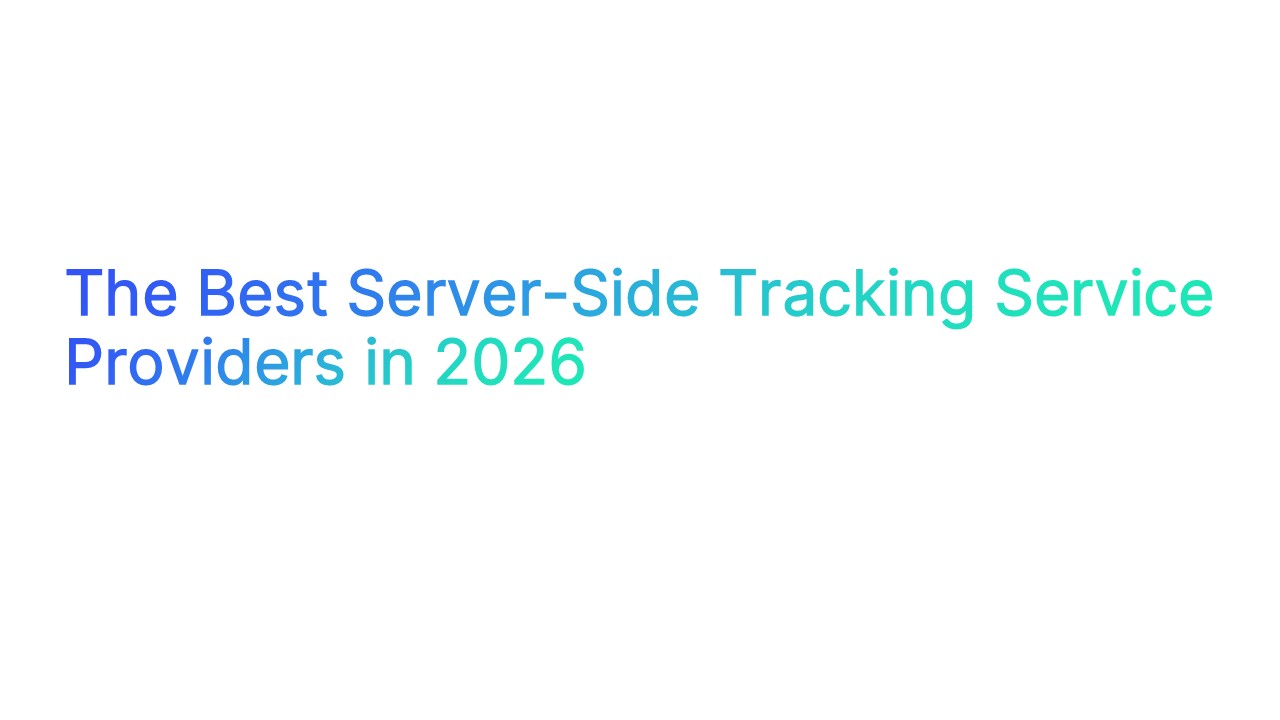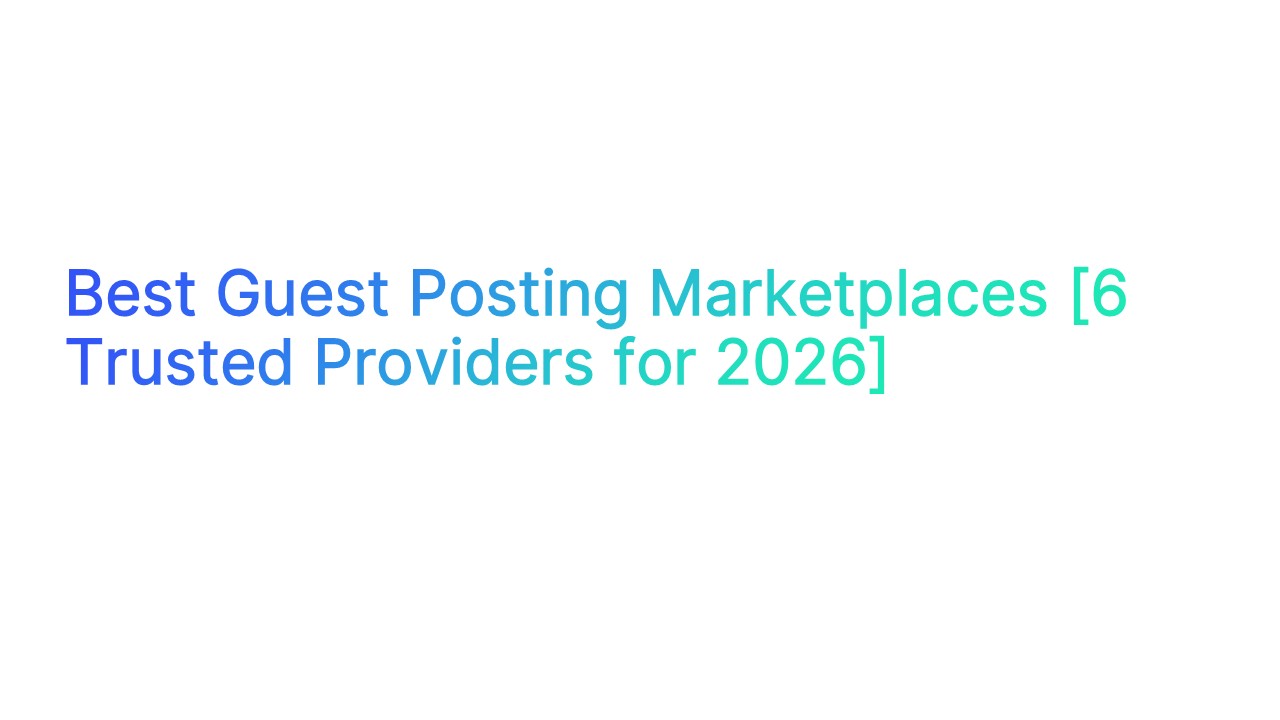It's possible to use Facebook for lead generation (and sales) on a regular basis, and there is no better platform for that than Facebook.
There's no escaping the fact that Facebook provides a fantastic chance for entrepreneurs, whether you like it or not.
With over 2.89 billion active monthly users, you can be certain that your potential consumers are on the platform. However, there's a lot of noise to separate from.
So, how can you pique their interest in your lead-generating efforts?
In this post, I'll share 5 points that will help you use Facebook for lead generation.
1. Using Facebook Conversion Ads

Many firms currently have a method for generating leads on their website. They may, for example, provide the following services:
- a complimentary consultation
- a demo request
- a time-sensitive discount
However, I'm certain that almost every company owner would agree that they want more people to accept their offers. That's when Facebook conversion advertising comes in handy.
When you run an ad campaign on Facebook for lead generation, you'll see a variety of objectives listed.
If your objective is to get people to do something on your site (such as sign up for a consultation, demo, or discount), choose the conversion campaign.
Conversion ads, like Facebook ones, might be useful:
- Increase sales by encouraging people to conduct specific transactions on your website.
- Encourage them to take immediate action — it's up to you to define what you want your visitor to do. You might want them to go to your website or add an item to their shopping basket, for example.
- Optimize your campaign - Facebook sends your conversion ads to those who are most likely to convert. vs a Traffic campaign, where Facebook optimizes for clicks.
The most popular blunders we see business owners make is to indiscriminately enhance postings rather than utilizing conversion ads.
Boosting posts are excellent for getting people to interact with your content (likes, comments, and shares) but they rarely if ever result in customers taking action.
However, you won't be able to measure conversions effectively unless you've implemented the Facebook pixel. If you don't already have one, there are clear instructions on how to install it here.
Once you've installed the pixel, you can choose which user action corresponds to your conversion. You may go quite deep on this.
For example, you may want your visitor to sign up for your mailing list. In that situation, the completion of the conversion would be signaled by a "Thank You" page on your website.
Conversion adverts on Facebook may be a compelling approach to generate leads. However, as usual, you'll need compelling creative material with a visible Call To Action to persuade consumers to click the initial link.
2. Using Facebook Lead Ads

Using Facebook Lead Ads to create leads is another strategy.
These are distinct from conversion advertisements in that they generate a lead and keep the user on Facebook (as opposed to directing them to your website or a separate landing page).
When someone clicks on your Lead ad, a Facebook form appears, and it's here that you collect their information.
You might wish to gather email sign-ups, provide discounts or special offers, or obtain inquiries from new consumers.
The Lead ad form is usually filled in by the lead's information - name, phone number, email address, address, and so on - making it simple for consumers to sign up for your offer.
Because let's face it, Facebook knows everything there is to know about us!
When creating your ad, make certain to describe the information you want. Be as precise as possible while being cautious of overharvesting!
If you ask someone for their inside leg measurement, they will lose confidence in your trustworthiness (unless you're selling pants).
On the whole, however, conversion advertisements are more effective and less expensive than promotion advertisements in generating leads. The quality of those leads, on the other hand, typically deteriorates significantly.
As a result, it's critical that you keep track of your sales statistics. Facebook Lead ads don't automatically send leads to your small business CRM or email marketing service. You'll need to build your own automation for that.
3. Retargeting Ads

Finding the correct target audience is one of the most difficult tasks for Facebook marketers.
When creating an ad, Facebook provides you with a wide range of demographic categories, making it extremely hard to narrow it down to the right people. Creating retargeting advertisements is one approach to address this issue.
Retargeting ads are shown to customers who have previously interacted with your company in some manner. It may be:
- those who have visited your website
- those who have interacted with your social media platforms
- those who are on your mailing list
- Customers who have previously ordered.
Set up retargeting advertisements to improve your lead generation efforts, whether you're B2C or B2B. Retargeting ads are very likely to succeed (because you're advertising to individuals who already know who you are).
To create a retargeting ad, you must first create a Facebook Custom Audience. You may also use this Custom Audience in your ad campaign.
Use your existing Custom Audience to create a Lookalike Audience (people with similar profiles to your custom audience) to extend your reach and potential customers.
4. Running a Competition

Competitions are often criticized for generating low-quality leads. However, running the correct sort of competition on Facebook for lead generation may be a wonderful method to generate leads for your organization.
Remember, low-quality leads are only generated when your campaign lacks a well-designed marketing campaign.
The Free iPad Conundrum
Let's assume you run a promotion where the prize is an iPad. Consider the reward: everyone wants an iPad (win), but not everyone wants your goods or service (lose).
Offering a prize that has broad appeal but no connection to your business/audience attracts the masses. However, because they're interested in the award - not your product/service, most of them will be low-quality leads.
How to Run a Competition
Offer a competition prize that's very precise and relevant to your company. You'll certainly get fewer entries, but they'll be more valuable ones.
Give your competitors something of real value that is connected to their businesses.
It might be a free trial or an entry-level product from your company. Every entrant into your competition wants that prize—each of them is a more high-quality lead because, by entering, they've shown interest in your product/service.
A wonderful example of a competition with a relevant award is one that our gym customer provides.
They wanted to grow their subscriber base, so we put up a competition with a free year of personal training as the prize.
We also offered everyone who entered the contest a free five-day pass as an added incentive - thus everyone is a winner.
We also knew that their sales staff was excellent, so we could leave them to convert leads after clients redeemed their five-day pass.
The campaign reached 70,000 people and generated $60,000 in net income.
The appealing part about this technique is that it may help you develop excellent outcomes by promoting your competition organically.
However, by utilizing Facebook advertising to advertise it as well, you may significantly increase the amount of attention your business receives.
5. Posting in Facebook Groups
When you post to your own Facebook page, the people who like your page (and their friends if they share) are the only ones who receive information from it.
On the other hand, Facebook groups provide a fantastic method to connect with an audience of consumers that may be exactly what you're looking for. This way you can use Facebook for lead generation.
Let's be honest: Most Facebook pages' organic reach is poor.
However, joining the Facebook groups maintained by your ideal customer is an excellent approach to getting your brand known.
Let's pretend you run a vitamin supplement firm. You could join numerous fitness and weightlifting clubs.
If you sell campervans, you may join many Facebook groups dedicated to outdoor activities.
However, just joining isn't enough. It is critical that you start posting in those groups. Whatever you do, avoid flooding those groups with your goods and services. That's all it takes to get yourself banned from there.
You must add value to get genuine outcomes.
Share useful, thought-provoking, and valuable material that will appeal to the members of the group.
A supplement company may, for example, share white papers on emerging discoveries and research data. Alternatively, link to (non-salesy) blog articles that are relevant.
A campervan company could provide instructions on how to improve or restore a campervan.
Share articles from your blog and relevant websites. Be pleasant, not pushy, or salesy. It's all about educating others.
Engaging your audience with a case study can generate leads, naturally piquing the interest of the appropriate prospects and enticing them to learn more about your offerings.
Conclusion
Facebook is a fantastic way to get leads.
The most important takeaway is to provide value to the customer. It won't work for you if you're overly promotional.
People are there to see and speak with friends and relatives, so you must find a means to add value to those you wish to contact.







